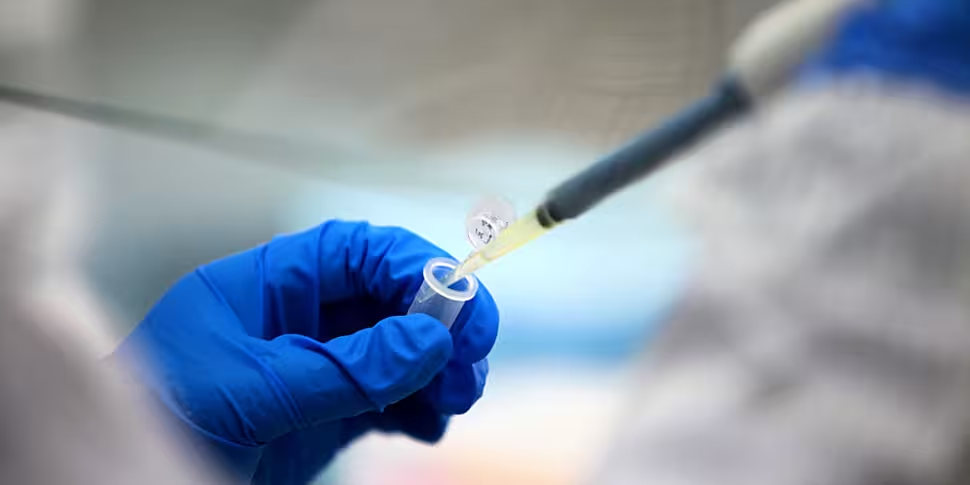The first confirmed case of the coronavirus COVID-19 in the Republic means many people are now wondering what precisely what happens if they or a loved one have symptoms.
The case was confirmed over the weekend, and one school in Dublin will shut down for two weeks as a precaution to stop the spread of the virus.
Dr Tiernan Murray - a GP in Goatstown in Dublin - spoke to The Pat Kenny Show this morning about how suspected cases are handled.
He said doctors' practices are getting a number of calls every day about COVID-19, but said it's currently not an "overwhelming number".
He explained that a colleague in his practice last week had a patient who had been to one of the areas impacted by the outbreak.
The HSE took over and brought the individual by ambulance to a dedicated centre.
A swab was taken for testing and the patient's test results came back negative for the virus 12 hours later.
Dr Murray observed: "We have to assess them over the phone, which is something we do very commonly.
"We assess what their symptoms are, and we assess them in relation to travel - have they been to northern Italy? What part of northern Italy?
"Then we do a simple assessment as to whether there is a significant risk - and obviously in the vast majority of cases, people will have simple coughs, colds etc.."
He noted: "If somebody has significant symptoms - such as a cough and fever - and has come from one of the areas in northern Italy specified... I would then immediately ring a dedicated number for public health.
"They would then make a decision as to what should be done."
'We have to make our best possible decision'
Dr Murray said all general practitioners have to make the best possible decision with the information they have.
However, he also explained there is a cohort of people who will be infected without realising as they will develop so few symptoms.
He said: "The good news is the existence of that group is hopefully the very fact that will bring this to an end.
"Epidemics like this tend to end when the number of immune patients rises to a certain degree.
"Although this is a new virus, the likelihood is that over a certain timescale this will peter out."
Dr Murray said healthcare professions can only do what is "reasonable and proportionate" to stop the potential spread of the virus, and said he believes public health officials have done a fantastic job here and in the UK.
He observed: "Certainly there is criticism in some of the papers over the weekend over public health handling of, for example, information and facts.
"But I think it's important to remember that public health is a discipline that has been around for a very long time: it has very good protocols, so it's never making it up on the hoof and it has best practice already established.
"When they say it is best practice not, for instance, to reveal the name of the school... they are doing that for very good, proven reasons."









